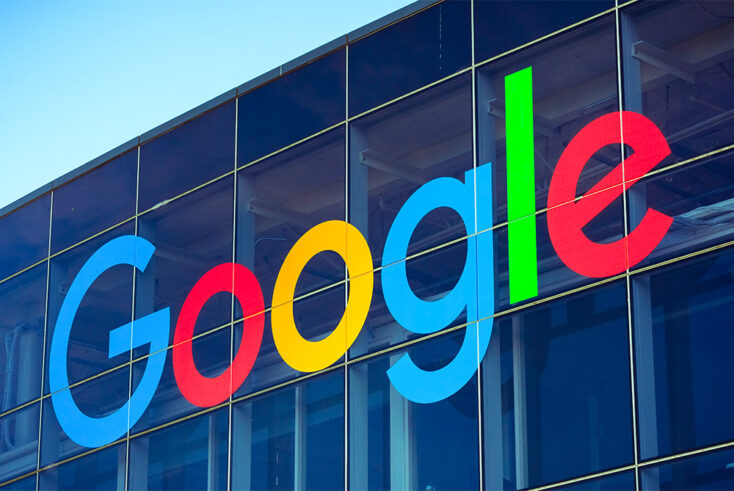Federal judge rules against Google in antitrust case

Google’s deals to get its search engine in front of users by paying to be the default on browsers and mobile phones have been declared illegal by a federal judge.
“After having carefully considered and weighed the witness testimony and evidence, the court reaches the following conclusion: Google is a monopolist, and it has acted as one to maintain its monopoly,” said US District Judge Amit Mehta. “It has violated Section 2 of the Sherman Act.”
This ruling marks a significant victory for the Department of Justice and a coalition of states that brought the antitrust case against Google. The judge’s 286-page decision detailed how Google used its financial power to stifle competition and maintain an illegal monopoly on online search and advertising markets over the past decade.
Google’s unfair business practices
Judge Mehta found that Google monopolized two key markets: general search services and search text ads. According to Mehta, the tech giant secured nearly 90% of the internet search market by forming exclusive partnerships with major players like Apple, Samsung, and Verizon to make Google Search the default option on their devices and browsers. Mehta also found that Google abused its dominance in the search ad market by unfairly disadvantaging competitors like Microsoft, allowing it to maintain an illegal monopoly.
“The distribution agreements benefit Google in another important way. More users mean more advertisers, and more advertisers mean more revenues. As queries on Google have grown, so too has the amount it earns in advertising dollars. In 2014, Google booked nearly $47 billion in advertising revenue. By 2021, that number had increased more than three-fold to over $146 billion. Bing, by comparison, generated only a fraction of that amount—less than $12 billion in 2022,” explained US District Judge Amit Mehta.
Implications for the tech industry
The ruling has far-reaching implications for the tech industry. Google’s business model, heavily reliant on search advertising, could undergo a significant overhaul. Potential remedies include forcing Google to divest parts of its business, imposing hefty fines, or mandating changes to its search distribution practices.
While the full impact of the decision is yet to be determined, it’s clear that the tech landscape is poised for a transformation. Competitors like Microsoft’s Bing and smaller search engines could benefit from increased competition. Additionally, consumers may see more choices and potentially lower prices for online advertising.
What’s next?
Google has vowed to appeal the ruling, arguing that the company’s success is due to innovation and superior products. “This decision recognizes that Google offers the best search engine, but concludes that we shouldn’t be allowed to make it easily available,” said Kent Walker, Google’s global affairs president.
The legal battle is far from over. The Department of Justice has a separate antitrust case against Google’s advertising practices scheduled for trial in September. The outcome of this case could further impact the company’s dominance in the digital advertising market.
This ruling is a pivotal moment for antitrust enforcement and could set a precedent for future cases against other tech giants.

À lire plus tard
Vous devez être inscrit pour ajouter cet article à votre liste de lecture
S'inscrire Déjà inscrit ? Connectez-vous









